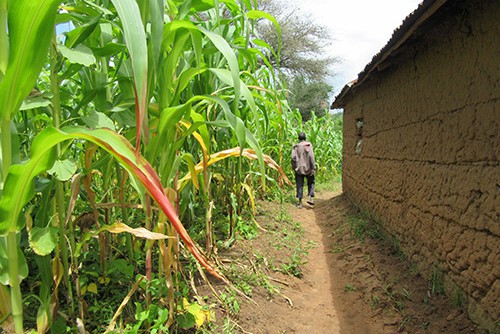Africa’s Evolving Employment Trends: Implications for Economic Transformation
While agro-processing is growing rapidly in percentage terms, its share of overall employment is quite low and hence will not generate nearly as many new jobs as farming.
By Felix Kwame Yeboah and Thomas S. Jayne

Using nationally representative data from nine African countries, we document sectoral employment trends and consider the evolving role of agriculture in Africa’s economic transformation process.
Photo: Farm in Tanzania
We highlight three key findings:
1. A general decline in farming’s share of employment over the past decade;
2. a strong relationship between lagged farm productivity growth and the speed at which the share of the labor force in farming declines; and
3. the moderate potential for agro-processing or other stages of the food system to absorb youth into gainful employment in the coming years.
While agro-processing is growing rapidly in percentage terms, its share of overall employment is quite low and hence will not generate nearly as many new jobs as farming.
For these reasons, strategies that effectively raise the returns to labor in farming will be critical to fostering successful economic transformation.
Felix Kwame Yeboah and Thomas S. Jayne. 2017. Africa’s Evolving Employment Trends: Implications for Economic Transformation. Africa Growth Agenda, Volume 14, Issue 1, 18-22.



 Print
Print Email
Email